Government and business leaders wrapped up a cybersecurity conference here on May 5 agreeing that only global co-operation can protect a vulnerable Internet and interconnected world.
"When it comes to our readiness to protect ourselves from cyberattacks we are not prepared, we are not even close to ready," said Tom Ridge, who headed the US Department of Homeland Security under former president George W. Bush. Cyberspace has emerged in the 21st century as a new domain along with land, sea, air and space, Ridge told the 400 participants from 40 countries attending the first World-wide Cybersecurity Summit hosted by the EastWest Institute.
During three days of talks here, government officials, business leaders and cybersecurity experts discussed how to cope with the myriad threats to computer networks - from criminal hackers seeking financial gain to cyber terrorists out to wreak havoc to nations equipped with cyber warfare capabilities.
While warning that the dangers can never be eliminated entirely, they said a number of steps could be taken to protect power grids, financial markets, rail and air transportation, communications systems and other critical sectors.
"We need to exchange - and there are certain conditions of course - information about vulnerabilities, threats, attacks," said Patrick Pailloux, director general of France's Network and Information Security Agency. "We should conduct joint cyber defence exercises," he said.
Both government and business representatives stressed the need for the public and private sectors to forge a partnership. "Each government has to enlist the support of its private sector for cybersecurity," said Kamlesh Bajaj, chief executive of the Data Security Council of India. "No government can fight cyber crime in isolation."
Bajaj warned that while much can be done to protect digital infrastructure against electronic attacks, "vulnerabilities will continue to exist.
"Cybersecurity is not a technology problem that can be solved," he said. "It is a risk to be managed." Protecting user privacy and educating policy-makers and the public to the seriousness of the threats in cyberspace were cited as other major challenges.
"When you mention cybersecurity to most members of Congress their eyes just glaze over," said Michael McCaul, a Republican member of the US House of Representatives from Texas. "Yet it's one of the most serious issues that we face in this century."
Speaking of cyber espionage, McCaul said "if we caught agents of a foreign power breaking into the Pentagon, stealing physical files, file cabinets, you can imagine the response from the media. Enhanced co-operation among law enforcement and a greater ability to track down and punish perpetrators of cyber crime were also identified, as pressing needs.
BR100
15,115
Increased By
28.1 (0.19%)
BR30
43,048
Increased By
175.6 (0.41%)
KSE100
149,493
Increased By
257.8 (0.17%)
KSE30
45,518
Increased By
11.6 (0.03%)













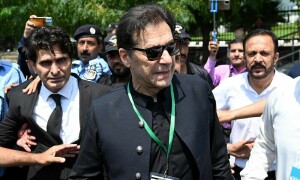
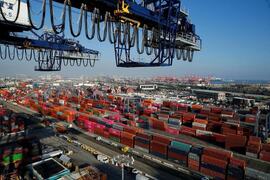
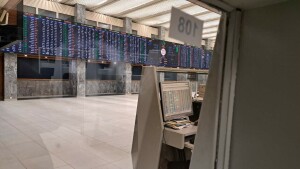
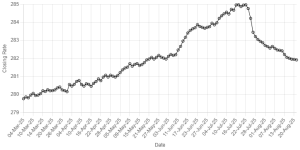
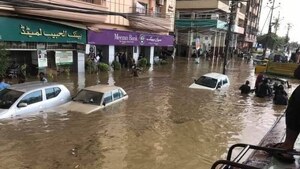

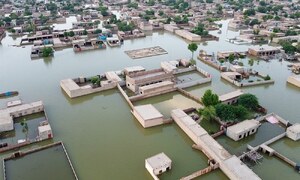



Comments
Comments are closed.